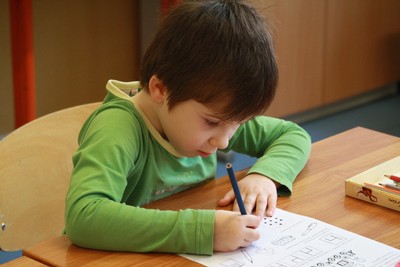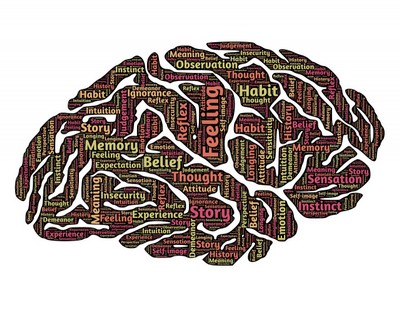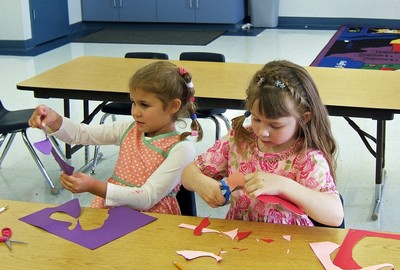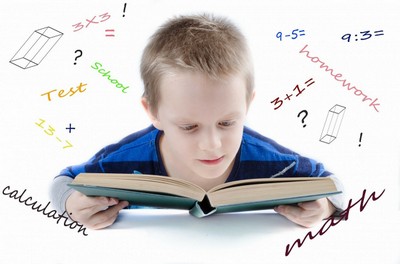DYSLEXIA
MAKE A DONATION
Your donation will directly support us to continue making teaching resources for you.
Thank you, we are greatful for your support.
by Anna Sawa

Many educators wonder how to teach English to different types of special needs children in primary school. Particularly if there are many such as students in class. In this article you can find a list of some difficulties that special needs children struggle at school. As well as several teaching techniques which would help in teaching English to children with special educational needs in primary school.
by Anna Sawa

The early recognition of dyslexia symptoms is crucial for further cognitive development of children with special needs.Teaching 6-9 year-olds you should be particular about your students’ spatial orientation, memory, classification, sequencing and spelling skills.
by Anna Sawa

Two of the general dyslexia symptoms in primary school are poor memory and short attention span. As a teacher you have to take into consideration some difficulties connected with these weak points of your students.
by John F.

Dyslexic learners can have difficulties with mastering written language. For some of them oral language can be also too complicated. The more differences between written and spoken words, the more difficulty with learning them.
by Anna Sawa

Are these statements true or false?
- Dyslexia is a developmental disability.
- Dyslexia is laziness.
- Dyslexia is something rare.
- Dyslexics are all the same.
- Children grow out of dyslexia.
- Dyslexia is a reason for failing in life.
What dyslexia is and what it is not?
by Anna Sawa

It is not possible to cure somebody of dyslexia and nobody grows out of it. Therefore, it is necessary to teach dyslexic children how to learn and how to develop their own learning strategies. Using their talents and intelligence and with the help and support of the teacher, they can compensate and deal with their weak points.
by Anna Sawa

Nowadays, about 10% of students have specific learning disabilities that should be taken into considaration during organisation of teaching process. They are not all the same, they have to cope with different difficulties - with reading (dyslexia), handwriting (dysgraphia), spelling (dysortographia), counting (dyscalculia), music (dysmusia) or mixed disorder of scholastic skills. It will be presented here some forms and causes of dyslexia.